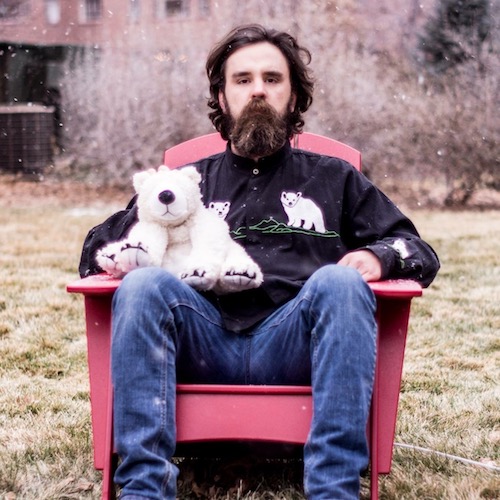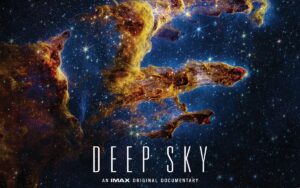If you’re below the age of 25, you might be surprised to find out that once upon a time, people met their potential partners without the use of a mobile dating app. They didn’t exist. The over 40s out there had to make do with meeting people at a bar, a club, or through mutual friends at a party. The people between 25 and 35 were more likely to use the internet to find love, but even then, it was either through chat rooms or using more ‘traditional’ dating websites. Match.com and the like dominated the market, and there was a whole school of thought dedicated on the best way to structure your profile to appear attractive.
Then came the smartphone boom. Things we used to have to do in person, or through a bulky old desktop computer, could suddenly be done through a mobile app. It’s revolutionized many industries. Major restaurants that offer delivery barely even need to bother having a telephone line anymore because most everyone orders through their app. There are also apps to have beer, wine, and liquor delivered right to your door. You’re far more likely to use Facebook and Twitter through your phone than you are by sitting at a computer.
Beyond that the gambling industry has changed almost beyond recognition with the introduction of mobile apps; first people were able to play online slots through their desktops instead of going to a casino, and then they didn’t even have to get out of bed because they could do it through their phone or tablet. If you can log on to Money Reels without putting your clothes on or walking into the living room, then why wouldn’t you? Mobile apps are designed for our convenience and leisure, not to mention increased profits to the businesses who supply the apps. Dating is no different.
Dating in the Information Age: Too Much Information or Too Little?
When we say ‘mobile dating apps,’ it’s easy to assume that we mean Tinder, and in a lot of ways we do. The app is currently the market leader of its type by a substantial margin. You can casually swipe left or right while in a queue, watching TV, or sitting on public transport. You get an alert when someone also swipes the right way on you, and so you’re invited to start a conversation. It takes the awkwardness out of the equation; you don’t need to be shy when you’ve both acknowledged you have at least a passing attraction to each other.
The success of Tinder – and apps like it – might come down to the fact that it doesn’t behave like the dating sites of old at all. There was a convention when it came to dating websites that the more information a person provided, the better the prospects of an accurate match were.
If you and someone else have five favorite TV shows in common, studied the same subjects at college, both follow the same sports team, and even have similar political views, you’re more than likely going to get along. There’s some truth to that, and the approach made sense. The problem with it is that it required a lot of effort.
Along with their body types, drinking and smoking habits, and sexual preferences, people were being asked to put a lot of their life into the public domain for others to judge and assess them as a potential mate. When you step back and think about it, it’s quite an invasive process. It’s also demanding of both parties as it’s a lot of information to sit down and type, and it’s also a lot for others to take in.
Then there’s the old issue of “paralysis by analysis.” Faced with a whole field of information about a person, even if you agree with 90% of it, human nature makes us hone in on the 10% we don’t agree with. We convince ourselves that the relationship would never work because the person likes this TV show, or hates that type of music, or does or doesn’t drink. These are the little facts that we’d usually find out through dating; they’re the conversations that would come up naturally over time. After a few dates, even if someone does hate your favorite band, if you’re already comfortable around them it’s less likely to matter.
Tinder stripped away all of that excess and presented its users with a straightforward process. You’re shown a picture of someone. You have a bio of a couple of lines, which might give you a little insight of their character. You’re told how far away from you they are. And then you swipe left or right to confirm whether you’re interested in them. It’s the most natural thing in the world.
All the other information – the history, the baggage, the opinions – it all comes out during subsequent conversations. You get to know it by getting to know each other. A screen of information no longer represents you; you had the opportunity to put yourself across in your own words, during a conversation. It’s almost like going back to the days of dating in person; only you’re doing it through a virtual format. It feels natural because it is.
There’s a counter-argument that the instant nature of apps, and the regularity and speed of matches, makes relationships more disposable. That’s how “ghosting” became a thing. You could go out for a date, have what you think is a pretty good time, and then find that the person you thought was wonderful never speaks to you again. Nobody persists with the idea of a relationship anymore if it’s not red hot right from the word “go.” But isn’t that a good thing? Doesn’t that mean we’re less likely to settle for someone or something with which you are not one hundred percent happy?
Dating apps might be the ‘drive-thru’ approach to dating. Meeting a new partner might be a little more immediate and a little less mysterious than days gone by. The current younger generation may never know the sweaty embarrassment of asking someone for their number and being rejected. But we also know for certain that we live in a world of plenty, and if we’re not happy where we are, there’s someone or something else just around the corner. In the modern age, where life happens at a thousand miles an hour, an accelerated dating service could be exactly what we need.











